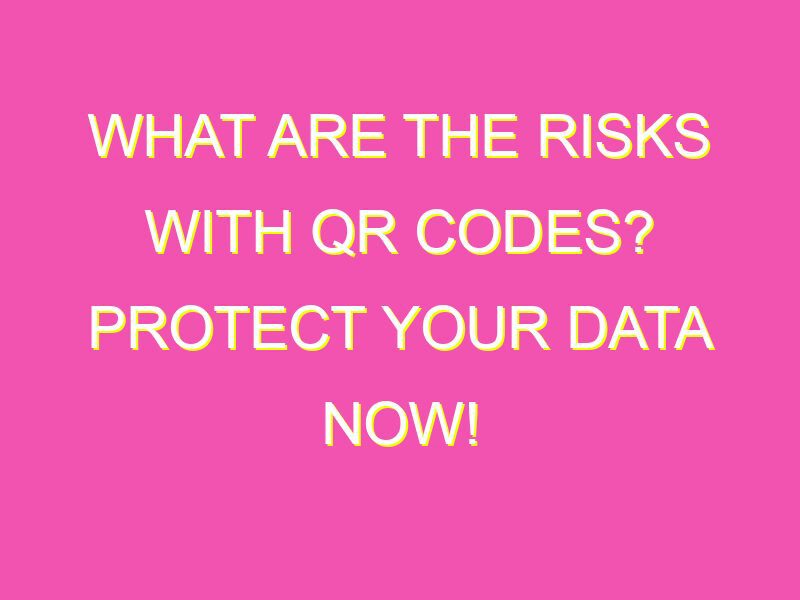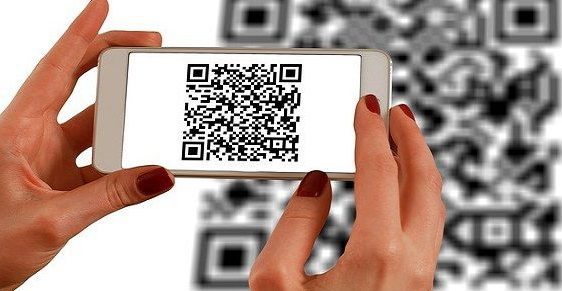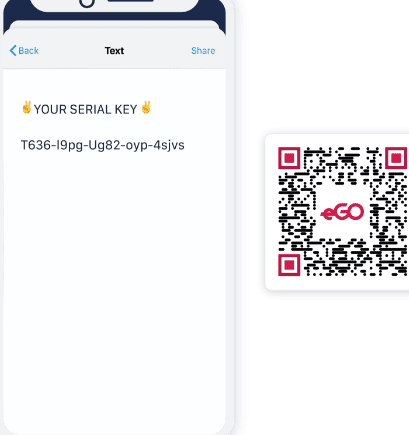QR codes are everywhere these days, bridging the gap between online and offline marketing efforts. But with great popularity comes great risk – cybercriminals are increasingly targeting these codes to exploit personal data for financial gain. That’s why it’s essential to be aware of the potential risks and take necessary steps to protect yourself. Here are some key risks to keep in mind:
To stay safe, be mindful when scanning QR codes and only scan those from trusted sources. Investing in a QR scanner app that alerts you to potentially malicious URLs is also a smart move. With these precautions in place, you can guard your privacy and personal data from cybercriminals.
What Are the Risks With QR Codes?
QR codes have become increasingly popular in recent years, mainly due to their convenience and ease of use. However, despite their widespread adoption, they pose certain risks to consumers, especially if not used with caution. Cybercriminals can easily embed any malicious or harmful URL into QR codes to exploit consumer identity, personal data, or to gain financial benefits. The dots that are pixilated can also be altered using a variety of free software tools that are easily accessible on the internet.
Malicious URLs can be embedded into QR codes
One of the primary risks that QR codes pose is the ability for cybercriminals to embed malicious URLs into the code. This means that when the code is scanned, the user can be redirected to a harmful website, which could potentially infect their device with malware or lead to unauthorized data access. Therefore, it is imperative to only scan codes that are from trusted sources, and users should always be vigilant when scanning QR codes in public places.
QR codes pose a threat to consumer identity and personal data
Another issue with QR codes is their ability to pose a threat to consumer identity and personal data. Cybercriminals can exploit QR codes to steal sensitive information such as credit card numbers, social security numbers, and other personal information. QR codes can also be used to collect data without the user’s knowledge, such as their location or the websites they visit. Therefore, it is vital to ensure that the QR codes being scanned are not malicious and are legitimate.
Financial risks associated with QR codes
QR codes can also lead to financial risks for users. Scanning a malicious QR code can lead to unauthorized access to credit card information, which can be used to make fraudulent purchases. Additionally, QR codes could also potentially lead to identity theft, which can have long-term financial consequences for the victim. Therefore, it is crucial to be cautious when scanning QR codes, especially when they involve financial transactions.
Cybercriminals can exploit QR codes for gain
Cybercriminals can easily exploit QR codes to gain financially. This can be achieved by creating a fake QR code to direct users to a fake website that mimics a legitimate one. The cybercriminals can then prompt users to input sensitive information, such as credit card details, which they can then use to conduct fraudulent transactions. Additionally, QR codes can also be used to spread malware or to gain access to the victim’s device, which can also have financial implications.
Free software tools can alter the pixilated dots in QR codes
One of the other risks associated with QR codes is that cybercriminals can easily alter the pixilated dots in the code using free software tools available on the internet. This can be done to redirect the user to a fake website or to gain unauthorized access to their device. Therefore, users must stay cautious when scanning codes and always ensure that they are from trusted sources.
Importance of QR code scanning precautions
In conclusion, QR codes have become increasingly popular due to their convenience and ease of use. However, users must exercise caution when using QR codes to avoid falling victim to cybercrime. It is essential to take appropriate precautions when scanning QR codes, such as only scanning codes from trusted sources and using reputable scanning apps. Additionally, users should always be vigilant and remain aware of the potential risks associated with QR codes.
Potential consequences of QR code fraud
The potential consequences of QR code fraud can be severe, and they can have far-reaching impacts on victims. In addition to financial losses, victims could also suffer long-term consequences such as identity theft, which can be challenging to recover from.
Protecting oneself from QR code scams
To protect oneself from QR code scams, it is important to be aware of the potential risks associated with them. Here are some tips to keep in mind:
• Only scan QR codes from trusted sources.
• Use reputable and up-to-date scanning apps.
• Be wary of scanning codes in public places where the risk of tampering is high.
• Do not provide sensitive information when prompted by QR codes.
• Regularly monitor financial and identity-related accounts for any suspicious activity.
By following these precautions, consumers can avoid the potential risks associated with QR codes and safely enjoy their many benefits.





